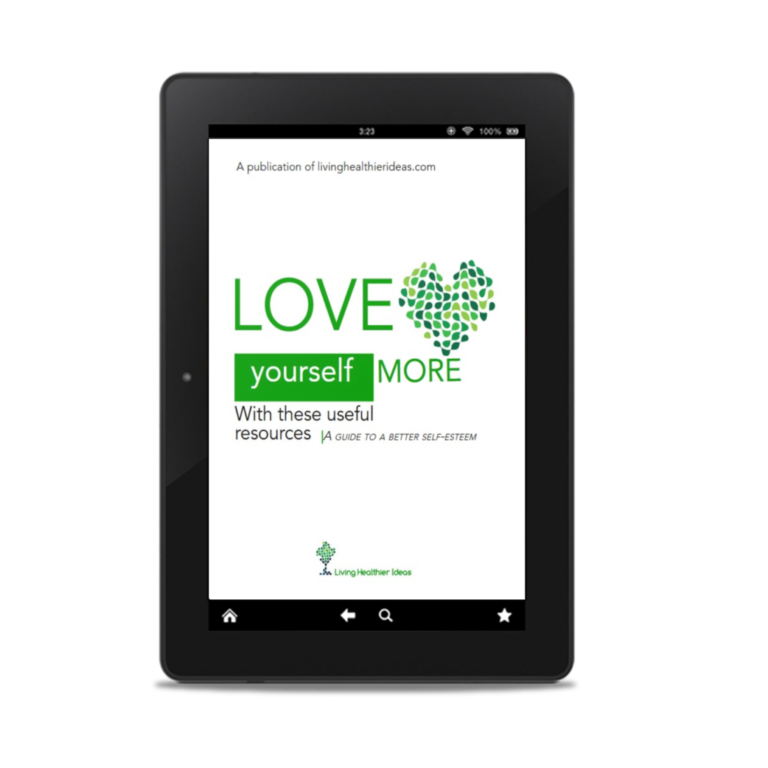Learn Common Causes, Symptoms, and Warning Signs of Workplace Stress So You Can Find Relief
Dread getting out of bed in the morning to get ready for work? White knuckle the steering wheel on your drive in? Consume too much caffeine or sugary snacks to get through meetings or the afternoon? You just might be experiencing too much workplace stress.
Stress shows up as tense muscle, especially the neck and shoulders. It causes headaches and clenched jaws. You may experience heartburn and digestive issues. Stress can cause chest pains, rapid heart rates or palpitations.
Sleep is often lost, energy levels are erratic, and sex drive is diminished from stress. Depression, anxiety, irritability, and anger are not uncommon symptoms. Food is both a treat and a vice often resulting in weight gain.
Stress and our inability to adequately cope with it often leads to a whole host of chronic health issues.
Stress Is All Too Common
Information resourced from the Statistic Brain Research Institute, and the American Institute of Stress show the following stress statistics.
Top Causes of Stress in the U.S.
- Job Pressures – Work overload, bosses, tension among co-workers
- Money – Loss of job, reduced retirement income, medical expenses
- Health – Health crisis, terminal or chronic illness
- Relationships – Divorce, death of a spouse or immediate family member, arguments with family or friends, loneliness
- Poor Nutrition – Improper nutrition, caffeine, processed foods, refined sugar
- Media Overload – television, radio, the internet, email, social media, marketing
- Sleep Deprivation – Inability to release adrenaline and other stress hormones
U.S. Stress Statistics
- Nearly 80% of people experience some form of physical symptoms and 73% experiencing psychological symptoms as a result of stress
- 76% cite money and work as the leading causes of stress
- Almost half (48%) report lying awake at night due to stress
Stress Impact Statistics
- 48% say stress has negatively affected their personal and professional life
- One-third claim their jobs interfere with their family or personal time causing a significant source of stress
- More than half claim stress causes them to fight with people close to them
- 30% say the are “always” or “often suffering from workplace stress, and 31% of employed adults claim they have difficulty managing their work and family responsibilities

Not surprisingly, job pressures and money top the list of causes of stress. Which results in billions of dollars spent per year in the U.S. economy from stress induced healthcare expenses and lost workdays.
Stress from the workplace ends up affecting our health in two ways. First, by its initial impact on our bodies and minds and secondly as a result of the negative coping mechanisms we take on to try and combat it.
Stress at Work Goes Home
Workplace stress often erupts when;
- You don’t know what is expected of you at work, or if you don’t have the materials and equipment to do your work
- You do not have the opportunity to do what you do best every day
- Little to no recognition or praise for doing a good job is received
- Your supervisor or other leader doesn’t seem to care about you as a person nor encourages your development
- Your opinions don’t appear to count, or your organization makes you feel as if your job isn’t important
- Associates or fellow employees are not committed to doing quality work, and you do not have a good friend at work
- Opportunities at work to learn and grow are seldom available
Feelings of stress, underutilization, unfairness, burnout, exhaustion, inferiority, and hopelessness, are often brought home resulting in unhealthy behaviors, clashes with family and friends, and ineffective leisure and recovery.
The damaging thoughts and outcomes this causes at home crosses back over from home-to-work, and a vicious cycle of negativity and conflict endures. The employee-employer relationship is often more than the eight-plus hour day a worker spends on the job, and it reaches beyond the employee themselves, to the employee’s partner in life, as well as, family and friends.
Recognize the Symptoms and Warning Signs
As mentioned previously, stress can show up in a variety of physical and psychological ways. If you experience the symptoms noted below or recognize them in others, get yourself or them on a path to relief.

Individuals Who Cited Physical Symptoms of Stress Experienced the Following
Fatigue
Headache
Upset Stomach
Muscle Tension
Change in Appetite
Teeth Grinding
Change in Sex Drive
Feeling Dizzy
People Who Cited Psychological Symptoms of Stress Experienced the Following
Irritability or Anger
Feeling Nervous
Lack of Energy
Feeling as Though You Could Cry
It’s vital for your body, mind, and relationships to eliminate or at least reduce your stressors, to alleviate the symptoms of your stress, and cope healthily. Please see my four part series ‘Are You Spending Your Health on Wealth?’ for suggestions and methods to accomplish this.

Occasionally, a radical change is needed. Switching positions or departments within your organization, moving on to another company, going back to school or perhaps starting your own business are all possibilities.
Thorough preparation for a transformation such as this is key to achieve success. Don’t make any sudden moves; instead ensure that your financial house is in order and that you are prepared to make any required adjustments.
Please visit my site for additional resources or to contact me with any questions or comments.
I’d love to hear from you.
In Wellness,
Amy
Let me know what you think of the recipe on Instagram or Twitter
PIN IT FOR LATER

Want to ask Amy some questions below?
Sources:
Gallup, Inc. and Statistic Brain


One Response